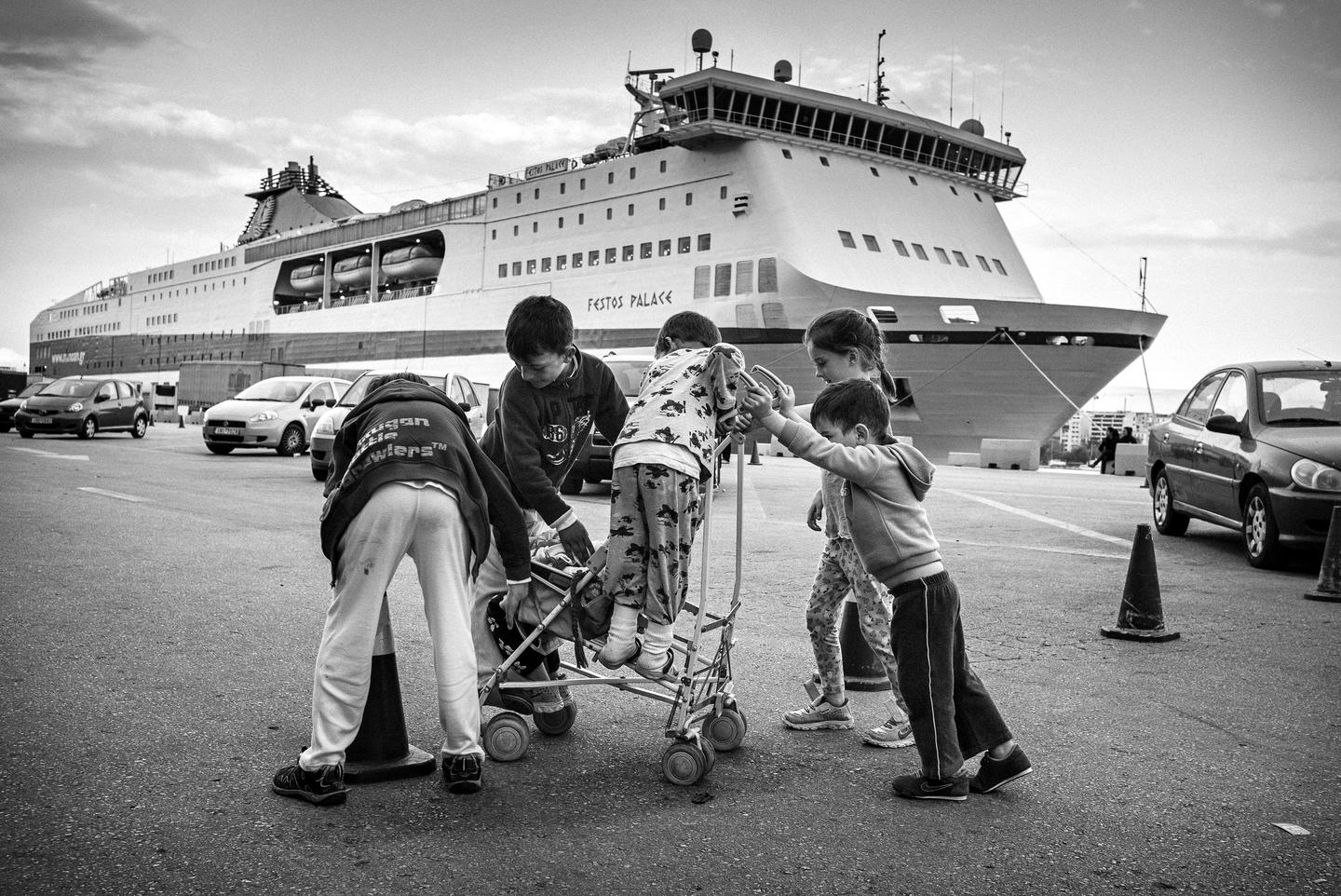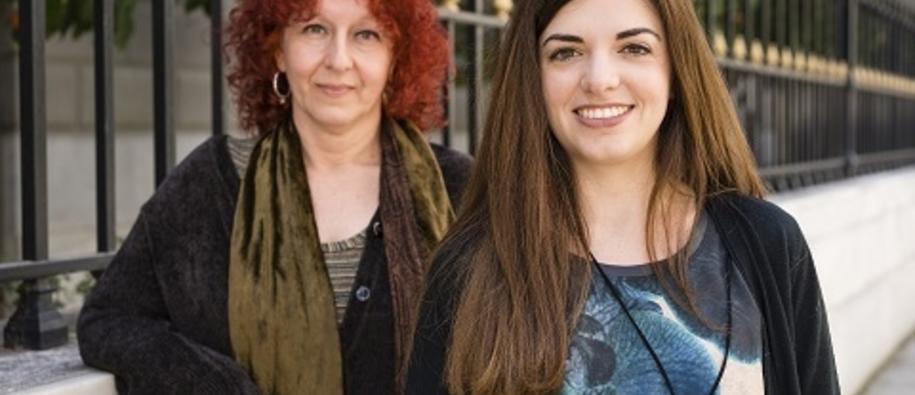“The need for guardians emerged from escorting unaccompanied minors which began in late 2011,” explains METAdrasi Publicity Manager, Mary-Laura Capodistria. “At the time children arriving on their own in Greece were kept in police custody until they could be transferred to accommodation facilities on the mainland. But there was no one to actually take the child from the detention centres to the safe accommodation.
“Leaving them to make the journey alone meant effectively placing them in the hands of traffickers. This was a crack in the protection system we had to fill.”
METAdrasi set about training teams of escorts. Each team includes a social worker and interpreter. While 3 500 children have been safely escorted to date, these procedures exposed further gaps in service provision.
“We realised the need for ongoing support once the children reach safe accommodation. They are so vulnerable and have so many needs that the state couldn’t cover,” says Capodistria.
In Greece, the Public Prosecutor is responsible for the guardianship of minors but the system has many shortcomings. It is also overwhelmed. The sharp increase in migratory flows, including many children on their own, has placed unprecedented pressure on an already overburdened system.[1]
“Given capacity constraints, the state had to delegate guardianship to qualified personnel. That is how we began organising a network of guardians. The EEA funding was pivotal in helping us get started.”
Demanding role
Since launching in October 2014, 415 children have been supported and 14 guardians employed under the pilot scheme. The guardians act as the liaison between the child, the various agencies and the reception centres. They can be responsible for up to five children at any time.
The support needs of the children are high. They may have escaped persecution, travelled alone or been orphaned during the journey. The guardians advocate for their rights and protection needs. It is a demanding role and all undergo intensive training.
Watch the short film created by the We are all Citizens Greek NGO programme about the project.
Learning from good practice elsewhere has been important. Before embarking on the project, METAdrasi staff consulted with organisations in other countries where systems of guardianship have been evolving over years. They partnered with Norwegian NGO ‘Vergeforeningen Følgesvennen’ and some staff went to Norway for training.
“The idea of guardianship here was new. We wanted to do it in the right way. We gained a lot of know-how from our Norwegian partner,” says Capodistria.
“Someone to trust”
Currently three guardians are working at the borders and eight in Athens. One of those is Evdokia Kouvara. A qualified lawyer specialised in human rights law, Kouvara combines a part-time job in the administration team of METAdrasi with her role as a guardian.
“We are responsible for taking the child through the asylum procedures, for their medical care, educational needs, follow-up with psychologists…They have complex problems, many are highly traumatised. Children need a person to trust. As guardians, we are their person of reference.”
Ultimately, the goal is to reunite the children with relatives. Kouvara has looked after seven children so far. The youngest was a nine-year-old boy from Syria, separated from his family on the sea crossing. Finding a phone number for his parents in his bag was a lifeline.
“We were able to communicate weekly. I could let them know he was safe, and convince him to stay in state protection until we could reunite him with his family. One day I received a call from a volunteer in Leros, one of the islands, who told me that a newly arrived family had asked to contact me. It was his parents.
“We followed the legal process with the Public Prosecutor and eventually escorted the child to a camp in Athens where they were reunited. It was very emotional. All the family are now in Germany where they have applied for asylum. They keep in touch and send me photos.
“The job can be emotionally draining but these moments make it so rewarding. You can see how you can have a direct impact on people’s lives.”
Ground-breaking
In reality, of course, thousands of guardians are needed. But what has been achieved so far by a small but highly dedicated group is impressive. And for each child that has been protected, or reunited with relatives, the impact incalculable. It is this success that drives the network on.
As Capodistria concludes: “What we have done is ground-breaking. It was a first in Greece. But most amazing have been the positive results. We see the difference we can make. That inspires us to keep going."
[1]More than 910 000 migrants and refugees reached Greece in 2015. Of these, the Greek authorities registered approximately 2 500 children and teenagers travelling on their own – officially reported as unaccompanied minors (UNHCR).
MORE
The project was funded by Iceland, Liechtenstein and Norway under the €7.3 million We are all Citizens NGO programme, managed by the Bodossaki Foundation. It concluded in December 2015 and the network is currently seeking new funding opportunities.
The three donors also finance two asylum programmes worth €24.2 million in Greece, implemented in partnership with the Norwegian Directorate of Immigration.
Overview of asylum and migration programmes

